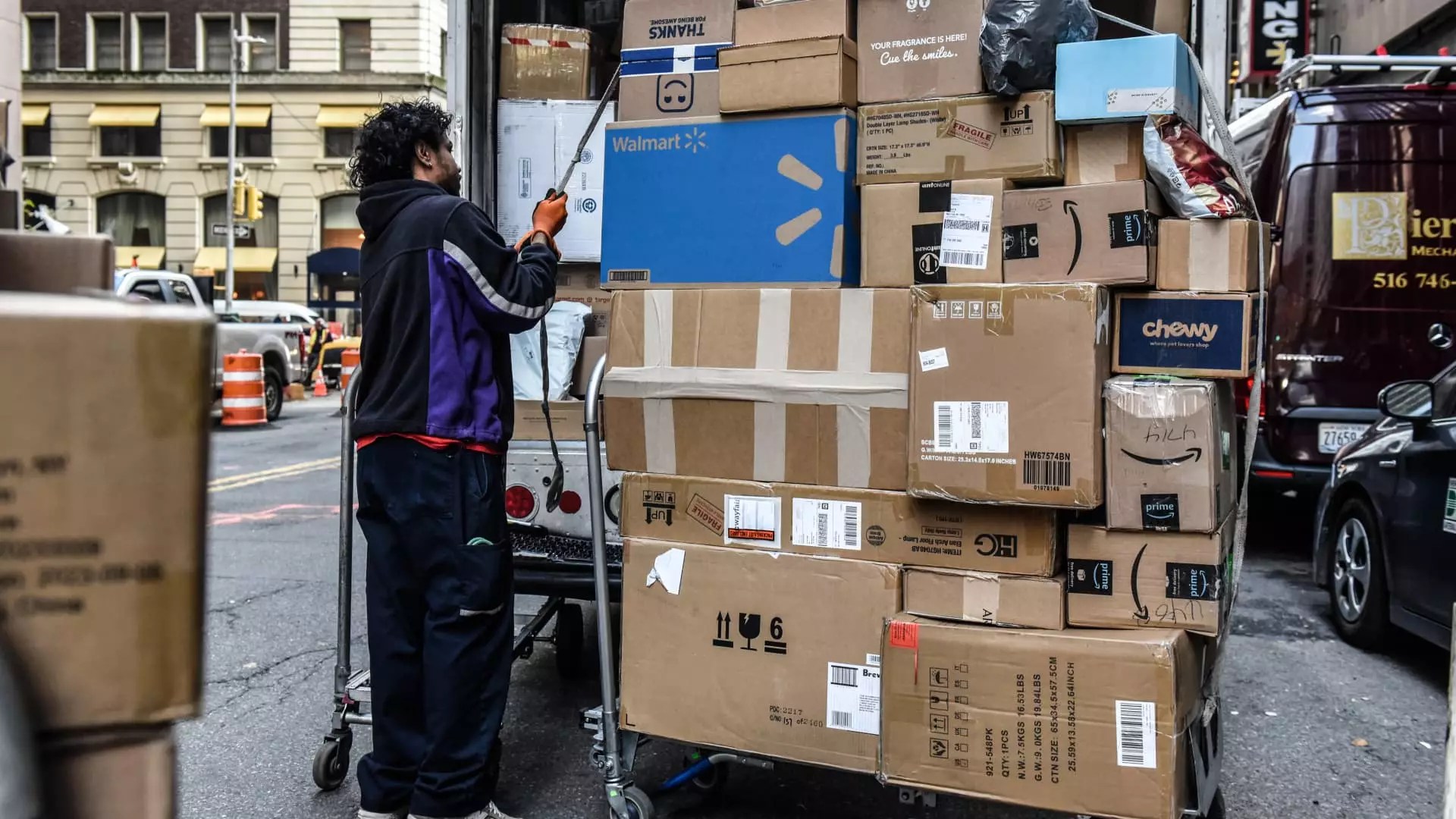In an age where e-commerce defines the landscape of shopping, the recent move by President Donald Trump to close the de minimis trade loophole is both timely and essential. The de minimis exemption, which allows goods valued under $800 to bypass tariffs, has increasingly become a tool for exploitation by foreign sellers, notably from China. While it was intended to facilitate smaller transactions and boost consumer choice, the sheer volume of these shipments—over 1.3 billion processed in 2024 alone—has raised significant red flags. These vast quantities flow into America without adequate scrutiny, fostering a breeding ground for counterfeit goods and posing safety concerns for American consumers.
Encouraging Fair Competition
The insatiable rise of Chinese e-commerce brands like Temu and Shein illustrates the potential for foreign competitors to undercut American businesses, leveraging the loophole to their advantage. By minimizing import duties, these companies can offer tantalizingly low prices that American retailers often struggle to match. This creates an uneven playing field, whereby American companies are not only fighting against price points but also facing regulatory burdens that foreign sellers seem to sidestep. Ending the de minimis exemption allows for a more level competitive arena and is a step toward protecting U.S. jobs and small businesses from being overwhelmed by nimbler foreign entities.
Public Safety at Risk
One of the most compelling arguments against the de minimis loophole is the risk it poses to public safety. The Trump administration’s concerns regarding the illicit shipping of substances like fentanyl highlight a darker side to the shipping boom. When goods are exempt from rigorous customs checks, it creates an environment where harmful products can slip through the cracks. By reinstating a duty on these shipments, we not only enhance inspection protocols but also send a clear message that the United States prioritizes the safety of its citizens over convenience.
Support for U.S. Logistics and Customs
The logistical implications of a shutdown of the de minimis loophole cannot be understated. Customs officials and the U.S. Postal Service found themselves overwhelmed following the initial announcement of the loophole’s cancellation; however, this latest executive order provides them with the vital breathing room needed to adjust processes accordingly. It is pivotal that we allocate our resources efficiently and ensure that the individuals tasked with maintaining our borders have the framework and tools necessary to execute their duties effectively.
Looking Ahead: A New Chapter for Trade Regulations
Ultimately, the decision to close the de minimis trade loophole represents a fundamental shift in how America will approach international trade moving forward. It signals an assertive stance against unsustainable market practices that not only disadvantage American workers but also undermine the integrity of our consumer market. As we watch these changes take shape, let’s remember that they hold the promise of forging a more robust, equitable trading environment—one where safety, fairness, and national interests take precedence over unchecked globalization.


Leave a Reply